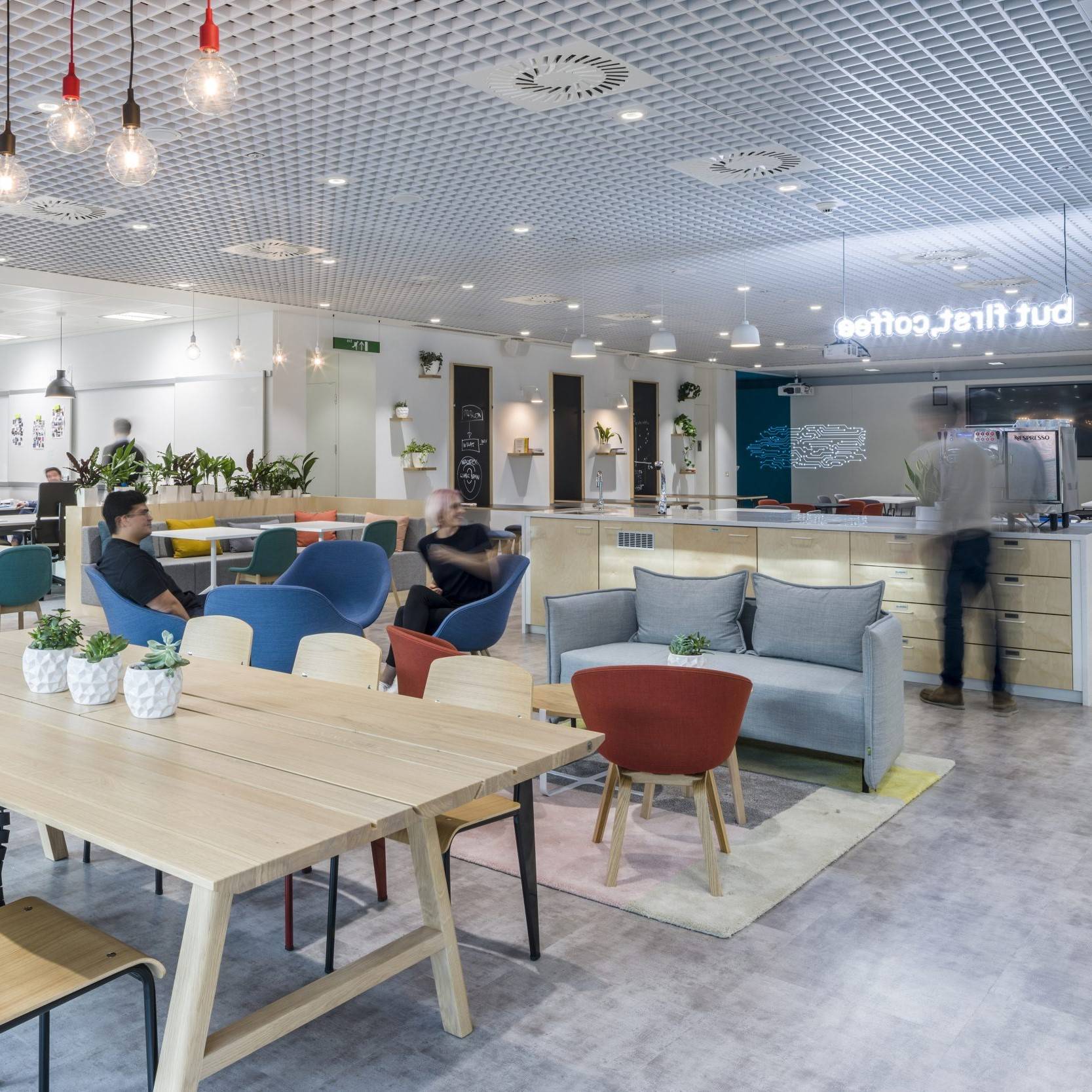July 3, 2018
UK firms may be lagging those of other nations in offering flexible working
 The UK lags behind other nations in the shift to remote and flexible working, putting more emphasis on effective meetings to coordinate scattered teams, a new report, ‘The Modern Workplace 2018: People, Places & Technology’ by software company Condeco has found. The research claims that across the world workers are in the midst of a shift to flexible and remote working – spending more time working from home, on the move or from multiple locations. However, the UK is significantly behind in embracing these trends, which could negatively affect worker satisfaction as well as holding back firms who are competing for the best international staff.
The UK lags behind other nations in the shift to remote and flexible working, putting more emphasis on effective meetings to coordinate scattered teams, a new report, ‘The Modern Workplace 2018: People, Places & Technology’ by software company Condeco has found. The research claims that across the world workers are in the midst of a shift to flexible and remote working – spending more time working from home, on the move or from multiple locations. However, the UK is significantly behind in embracing these trends, which could negatively affect worker satisfaction as well as holding back firms who are competing for the best international staff.












 Organisations are failing to get the basics right when it comes to providing the digital and virtual systems that support employees in their roles, despite an evolving technological landscape and rise in flexible working, a new report has claimed. Data released by Leesman analyses how organisations can better support employees by offering the technology tools and infrastructure that enable people to work in a flexible way. In Deloitte’s 2018 Tech Trends report issued at the beginning of 2018, there was a heightened focus on how disruptive technologies will help businesses achieve larger strategic and operational goals and drive greater value. It predicted that within the next two years, more companies will embrace the emerging ‘no-collar workforce’ trend by redesigning jobs and reimagining how work gets done in a hybrid human-and-machine environment. However, Leesman’s findings show that, as of yet, organisations are failing to get the digital basics right. According to its latest dataset (Q1 2018) 23 percent do not agree that they have the technology tools and infrastructure that enable them to work in different locations across the office or from different locations outside of the office.
Organisations are failing to get the basics right when it comes to providing the digital and virtual systems that support employees in their roles, despite an evolving technological landscape and rise in flexible working, a new report has claimed. Data released by Leesman analyses how organisations can better support employees by offering the technology tools and infrastructure that enable people to work in a flexible way. In Deloitte’s 2018 Tech Trends report issued at the beginning of 2018, there was a heightened focus on how disruptive technologies will help businesses achieve larger strategic and operational goals and drive greater value. It predicted that within the next two years, more companies will embrace the emerging ‘no-collar workforce’ trend by redesigning jobs and reimagining how work gets done in a hybrid human-and-machine environment. However, Leesman’s findings show that, as of yet, organisations are failing to get the digital basics right. According to its latest dataset (Q1 2018) 23 percent do not agree that they have the technology tools and infrastructure that enable them to work in different locations across the office or from different locations outside of the office.

















July 17, 2018
Video: Arthur C Clarke predicts remote and flexible working in 1964
by Mark Eltringham • Comment, Technology, Workplace, Workplace design
More →